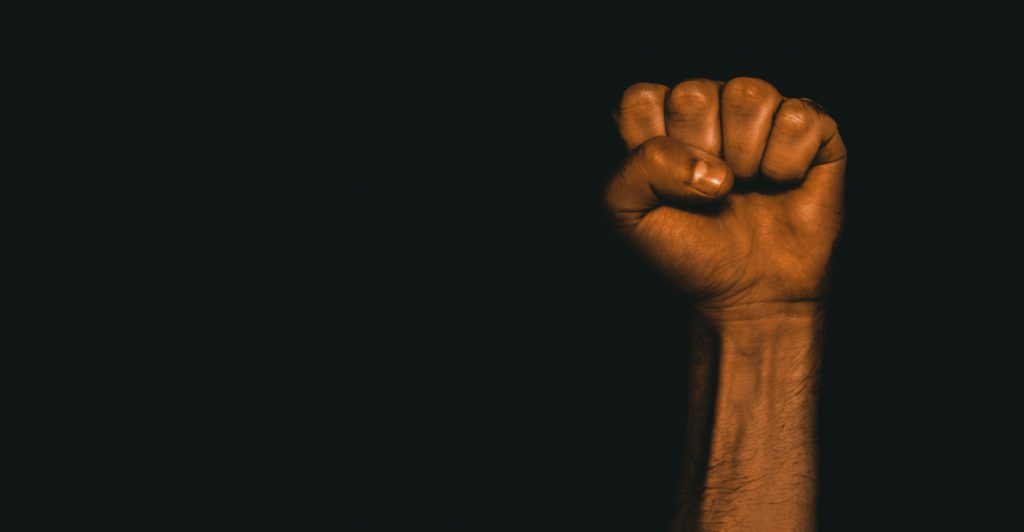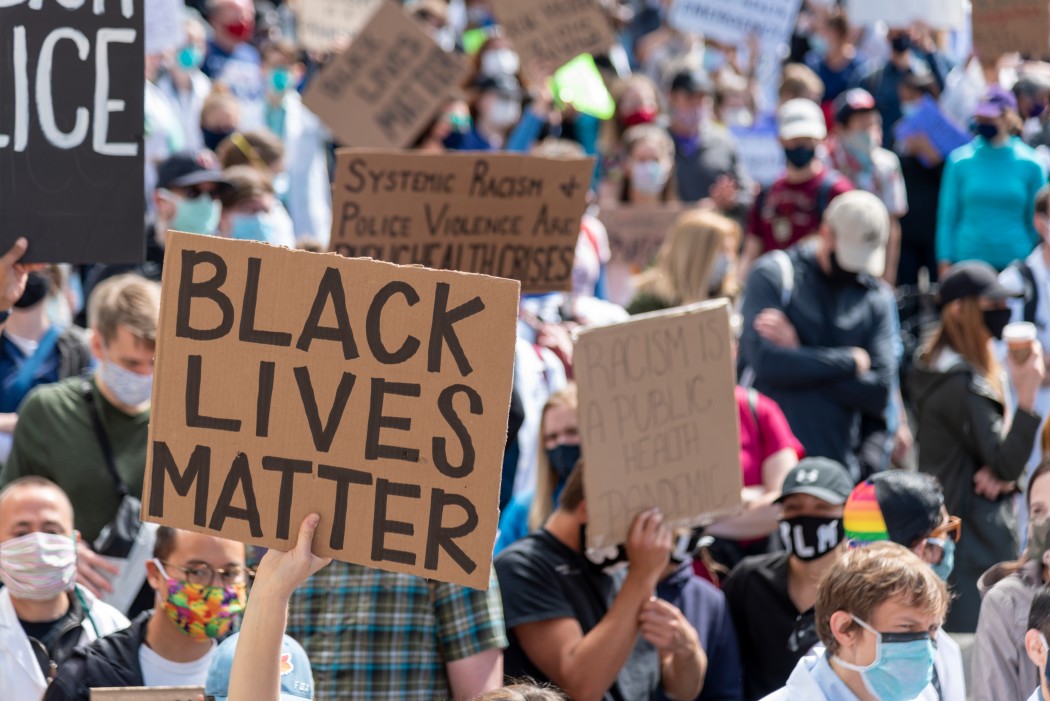
As a young black man, I often feel that people hate me for the colour of my skin
A 2017 report from Natural England shows BAME people are less likely than white people to regularly visit natural settings. One reason for this is that they are on average eight times more likely to be stopped and searched. For the young people we work with, access to even urban nature is inherently unequal, as encounters with the police have become synonymous with their life in London.
"H" (we've withheld his full name) was initially reluctant to speak about his experience with this, as recounting it only exacerbated the trauma associated with it. Like all the other young people we work with, H gets stopped and searched at least several times a day. This first began on his journey from Sudan to the UK and became a routine practice in London. It has made him question systemic racism and its repercussions on his mental health.
To participate in the economy as a citizen, first you must have equal footing in opportunities. When you spend all your time wondering if you’ll be a police target, marginalisation is inevitable. H wants to have the same rights as every young white person.
He says that “racism seems to be treated like a mistake rather than a crime”; the unjust, ignorant, and criminal ways in which people of colour are subject to systemic racialisation perpetuates deep inequalities, including economic ones. All the funds associated with keeping these discriminatory practices running are taken away from communities that need them the most. The impact on individuals like H is a clear example of the negative effects of this misuse of financial resources.
This is what H had to say:
For a long time, black people have suffered racism and it continues right now. Racism is a subject we need to talk about and fight seriously against. Recently, we have seen people fighting this cause within the Black Lives Matter movement. This movement began after what happened to George Floyd last year in the US. What we saw was the worst type of racism, the police brutalised and murdered a man who could not defend himself. The question remains: was it because of the colour of his skin? I believe that it was and we continue to see authorities and police discriminate against young black males like myself. We can see from racism in the US that we are still a long way from ending racism.
Another example is what happened recently with footballers Saka and Rashford who played for England in the Euros cup final 2021, they were both subject to racist online attacks for missing penalty goals in the cup final. Although football clubs have been taking the knee before every match to show solidarity with the BLM movement racism continues within football and beyond. This shows we are not making the progress that we thought we were here in the UK. There are countless examples of this discrimination that happens around the world.
Racist people hate people for the colour of their skin or anyone who is different from them. Many black people’s grandfathers were slaves, this is the reality that many black people must live with. As a young black man, I often feel that people hate me for the colour of my skin. When I see racism happening around me I worry and wonder what stops me from being attacked or brutalised. For example, when the public is racist towards famous people and nothing happens I wonder what stops that happening to me and who will be there to protect me!
Even though racism is supposed to be a crime I have never seen or heard of anyone being prosecuted for being a racist. This isn’t something that is publicised in the media. I think the media should hold people more accountable for their racist behaviour. Racism seems to be treated like a mistake rather than a crime. I think this has to change without taking racist abuse seriously, authorities around us are allowing racism to continue. It must be taken more seriously.

About the authors
This article was co-written by H, a young asylum seeker, and Revoke, a grassroots organisation advocating for the rights and welfare of underserved young people, particularly unaccompanied refugee minors, asylum seekers and those in the care system. In opposition to punitive services that leave young people vulnerable, Revoke aims to give them agency by engaging with culture, society, and politics, and co-designing activities that restore dignity and give a sense of fulfillment.
Revoke recently worked with four young asylum seekers to write articles about their experiences of living in the UK, the dominant Western economic system, and its wider repercussions on African countries. These were written in collaboration with Hannah Theodorou, Safeguarding Lead at Revoke, who also provides context for each article.
This article is part of Economy's Voices of the Economy series. The project brings together the economic experiences and opinions of people from a range of different backgrounds and showcases voices which are not heard as often when we talk about the economy. To find out more and share your own story, click here.



